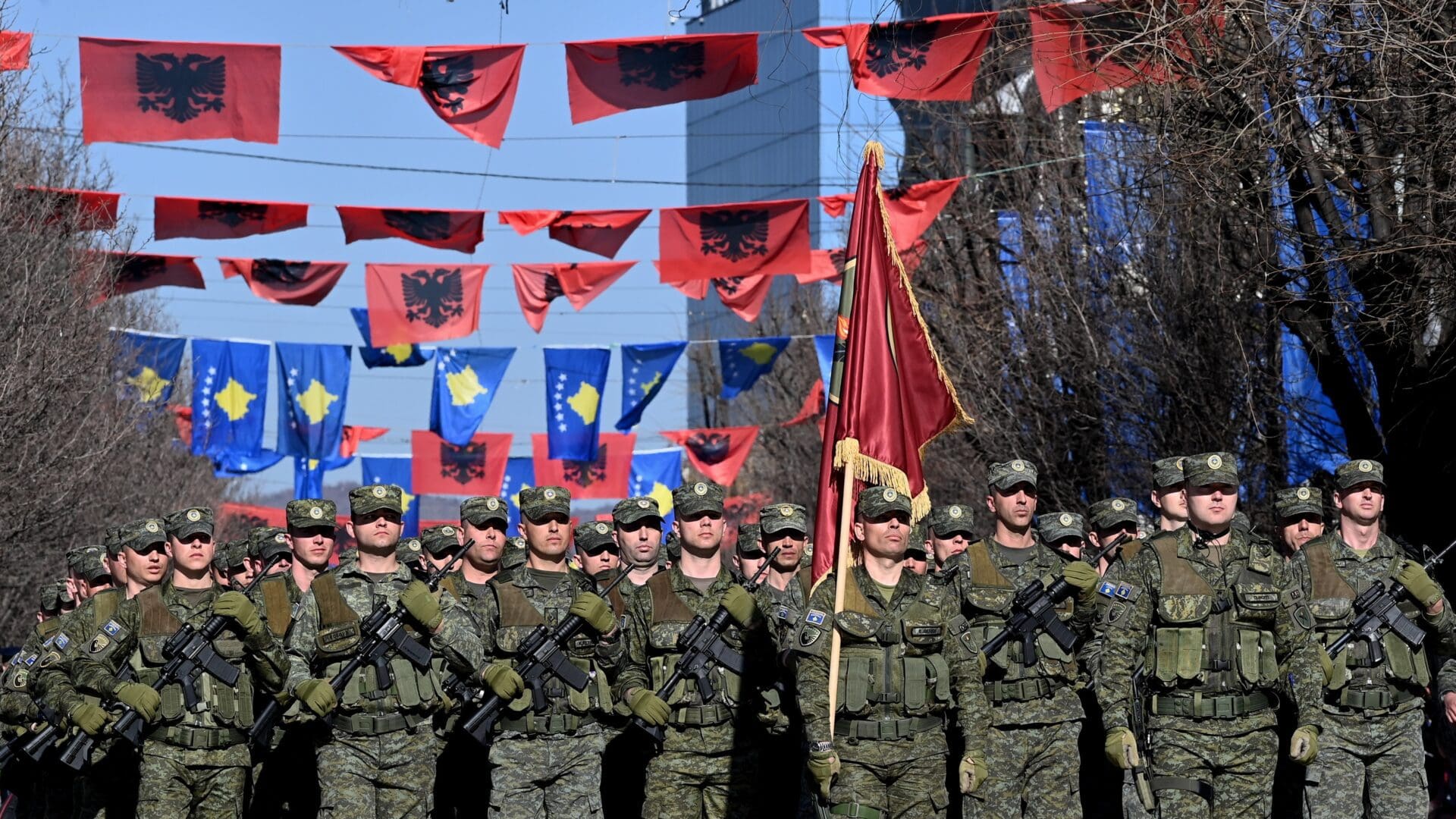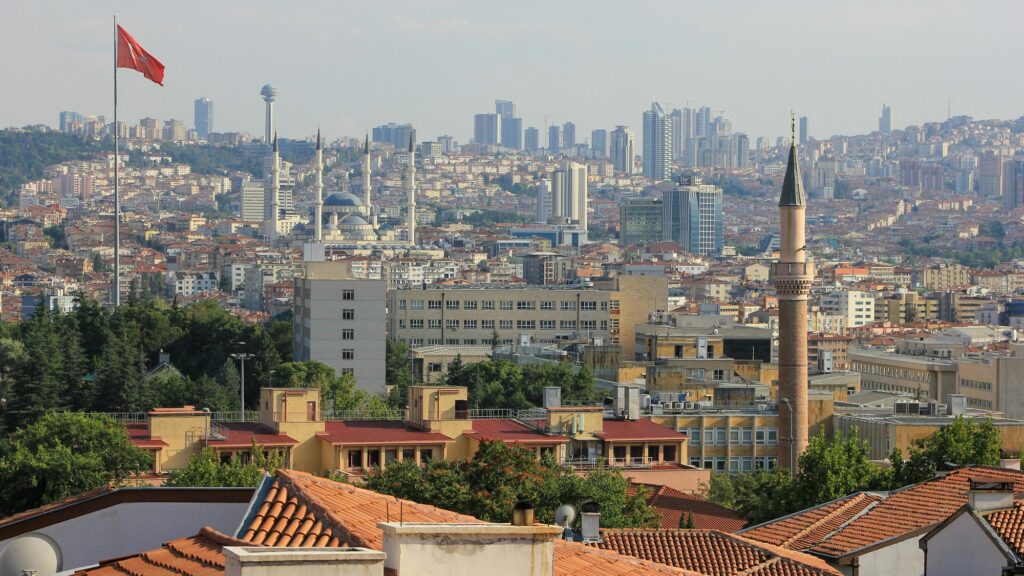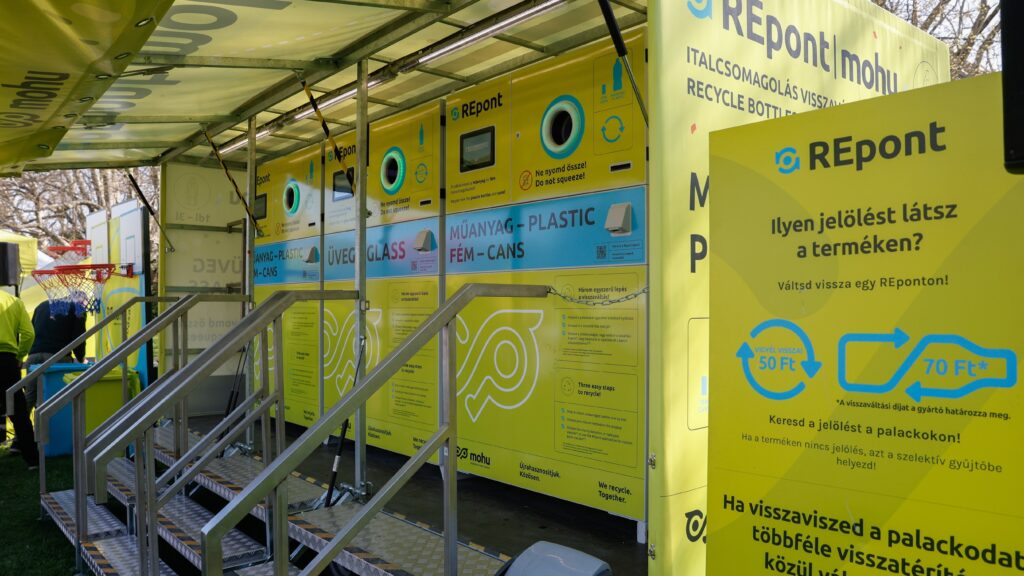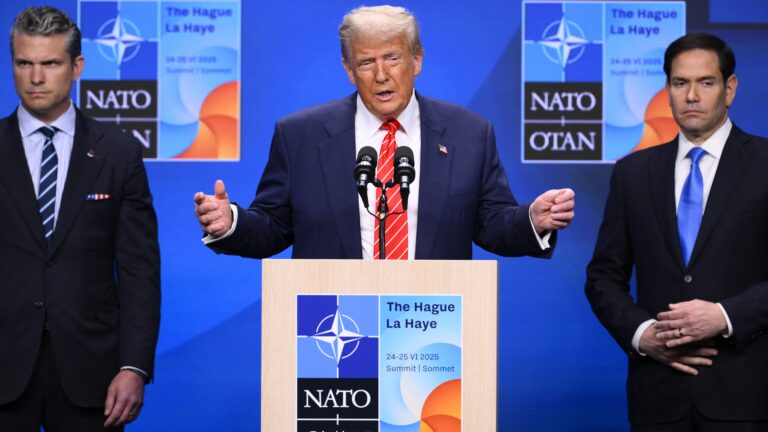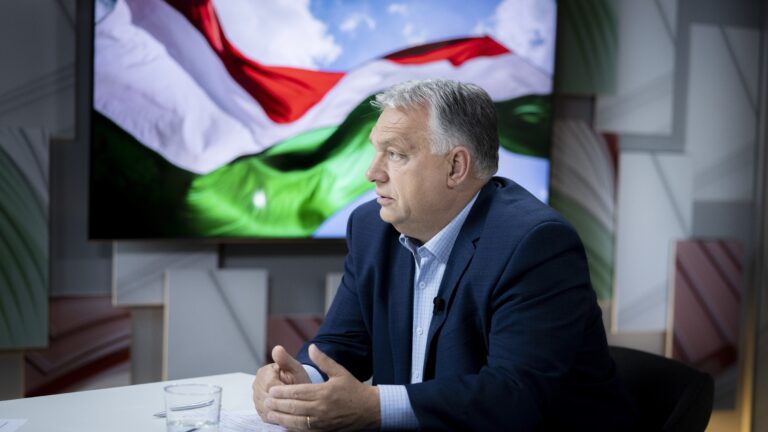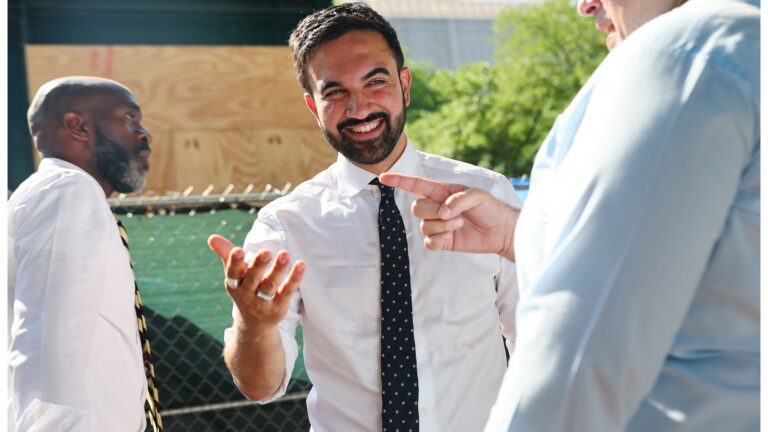Kosovo, or Kosova, celebrated the 15th anniversary of its independence from Serbia on 17 February. But independence has not brought about full international recognition nor reconciliation with Serbia. Since the renewal of tensions between the two countries in late 2022, the EU has been mediating between them, trying to normalise the situation. Last week, Kosovo Prime Minister Albin Kurti said that he is willing to accept a new, 11-point deal backed by Western countries, including Germany and France. US officials also welcomed Kosovo’s openness to accepting the agreement. While the EU’s High Representative for Foreign Affairs and Security Policy Josep Borrell is working on bringing the two sides to the table, Serbian President Aleksandar Vučić declared that he is unwilling to meet with his Kosovo counterpart until the Union of Serbian Municipalities is established.
The US argued that the association can be set up even without the approval of the Kosovo Prime Minister, in a way that does not violate Pristina’s constitution. Kosovo, on the other hand, argues that even without the Serbian municipality union, there are minority rights protections in place in the country. However, their effectiveness is hindered by Belgrade’s unwillingness to recognise its neighbour’s independence, as well as by the mostly Serbian-populated northern region’s reluctance to use Kosovo public health services and administration.
We will fully support the next steps on the EU proposal. This progress is significant for Kosovo as we support its full integration into Euro-Atlantic and international structures. https://t.co/JoknfjZJBF
— Ambassador Jeff Hovenier (@USAmbKosovo) February 10, 2023
The establishment of the Union of Serbian Municipalities, which is the most disputed element of the 11-point plan brokered by the West, was signed back in 2013 but no actions have been taken to create it so far—as we explained earlier. Pristina rejected the creation of the new Union due to the worry that it leads to a ‘ministate’ within Kosovo, dividing it along ethnic lines. In return for promising to establish the municipalities, Serbia pledged not to hinder the process of Kosovo’s international recognition anymore—a vow that remained similarly unfulfilled. Serbia does not have to recognise Kosovo under the proposed agreement, but the two countries would open representative offices in each other’s capitals under the scheme. While the deal is seemingly a step leading both countries closer to the EU, the treaty does not address the issue of the five EU member states that still do not acknowledge Kosovo as an independent state.
As a precondition for the establishment of the municipalities, Prime Minister Kurti said that all criminal activities should be stopped in the north of Kosovo, and weapons should be surrendered. Since, just a couple of months ago, ethnic Serbian police officers resigned en masse in the northern part of the country, there is a significant shortage of law enforcement personnel. Recently, Kosovo raided two laboratories containing narcotic plants. Two arrests were made against suspects ´who attacked the Kosovo police officers last month´ and ´take orders from organised criminal groups in Serbia´.
Apart from its demands to bring down crime and stop the influence of Serbian organised crime in the northern regions of the country, Kosovo also insists Belgrade recants the letters that urge those five EU member states that do not recognise Pristina to reject Kosovo’s EU application.
As the normalisation deal is still in dispute, it is important for Kosovo that it may find a new ally in Czechia: incumbent President Miloš Zeman is leaving, and President-Elect Petr Pavel will assume office soon. President Miloš was rather hostile towards Pristina and even campaigned for withdrawing Prague’s recognition of the country. Meanwhile, Petr Pavel, a veteran of the Balkan war who served in Croatia is expected to show more support for Kosovo’s independence. As the office of the president is a symbolic one in Czechia, Pavel vowed to be less vocal and consult more with the government on foreign policy issues than his predecessor. Nevertheless, he is expected to take proactive steps in support of Kosovo. While Prague officially recognised Pristina years ago, no Czech ambassador was ever delegated to the country—it would signal a symbolic but important shift in the Czech Republic’s foreign policy if Petr Pavel did nominate an ambassador.
Budapest is also closely monitoring the conflict in the Western Balkans. Recently, President of the Republic Katalin Novák said in an interview that Hungary ´can simultaneously act as a bridge between the Union and the Western Balkan countries, while mediating in conflict situations in the region when the parties have difficulties finding common ground´. Aside from Hungary’s support for the Western Balkans’ EU accession, economic cooperation has also intensified between Budapest and Pristina. Since 2015, trade has tripled between the two countries. Last year, the volume of exported goods reached almost €100 million.

